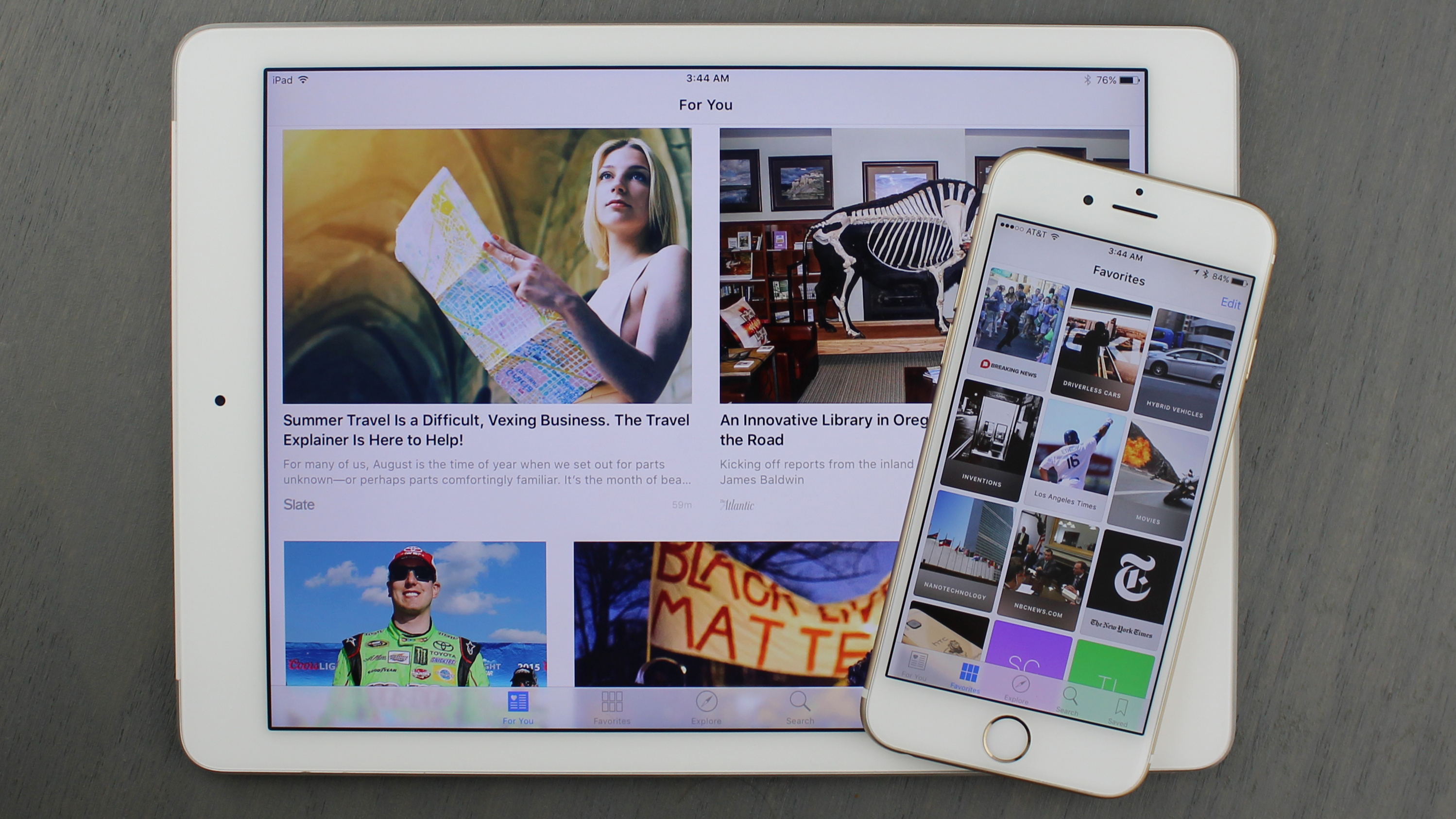Apple gets explicit in its new privacy policy
Privacy gets attention

Sign up for breaking news, reviews, opinion, top tech deals, and more.
You are now subscribed
Your newsletter sign-up was successful
Privacy and data security seems to have been the main talking point for all the major tech companies, with everyone trying to prove just how secure your data is with them.
While Microsoft posted a blog addressing privacy concerns regarding Windows 10, Apple updated its privacy policy website, detailing how exactly it handles the private data you share with its iDevices.
The website now explains how data is collected through new iOS 9 features like the News app and how personal data, like that for Apple Pay, is encrypted and stored.
The site also includes an open letter from CEO Tim Cook addressing the company's stance on privacy. The letter was first published by the company last September after nude and semi-nude photos of celebrities had been stolen from iCloud accounts.
"We don't 'monetize' the information you store on your iPhone or in iCloud. And we don't read your email or your messages to get information to market to you," Cook said in the letter, taking a not-so-subtle dig at competitors Google and Facebook.
Privacy matters
In the new updated site, Apple begins by saying "The most personal technology must also be the most private."
While the company details the different privacy settings for all of its apps and if the data is stored or not, Apple also says that the majority of the data stored and sent are encrypted.
Sign up for breaking news, reviews, opinion, top tech deals, and more.
With the new News app in iOS 9, however, the app does watch what articles and stories you read so that it can make recommendations and target ads within the app.
However, you can change the privacy settings to make your profile anonymous or turn off targeted ads. You can also change the privacy settings of other apps that collect info about your activity using the app, like Apple Music.
Apple also didn't miss the opportunity to criticize Google when detailing its own Maps app's privacy.
"Other companies try to build a profile about you using a complete history of everywhere you've been, usually because they're targeting you for advertisers," Apple explained.
"Since our business doesn't depend on advertising, we have no interest in doing this - and we couldn't even if we wanted to."
For more information on the individual apps or how Apple deals with requests for information from law enforcement agencies, you can check out the website - but do keep in mind that the the terms and conditions are more detailed for each app you use and share your information with.